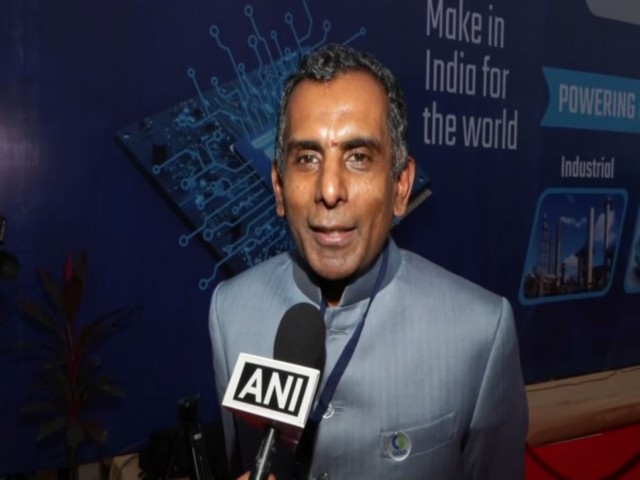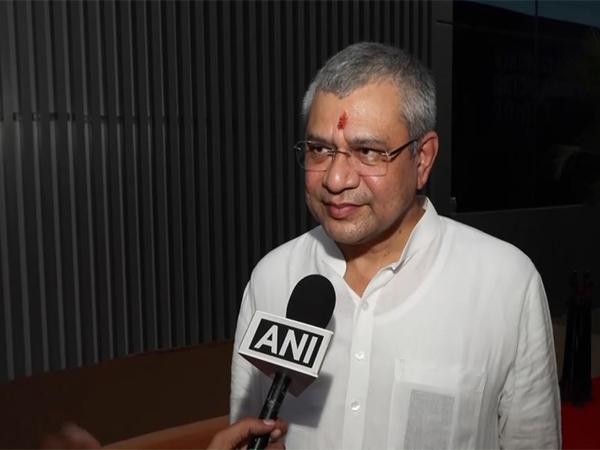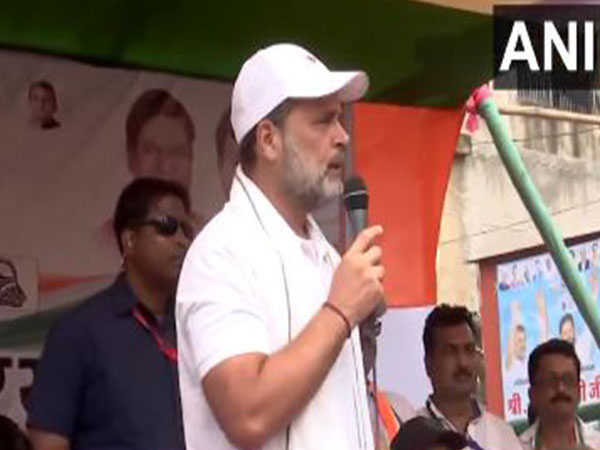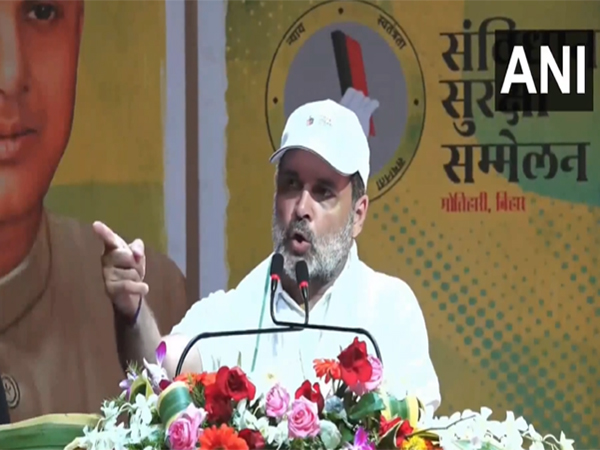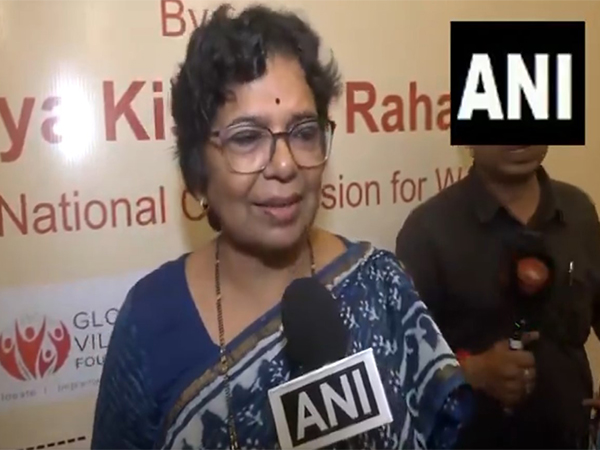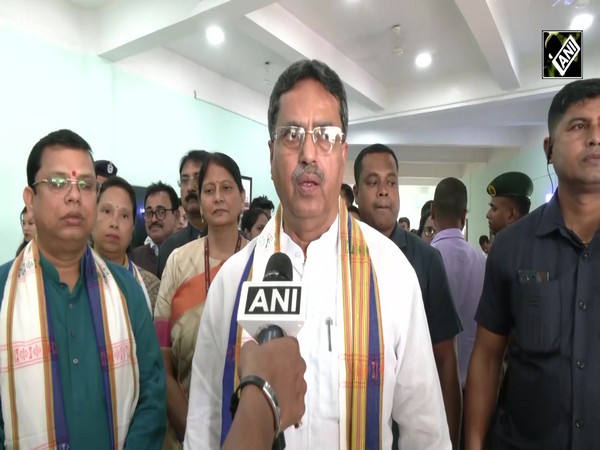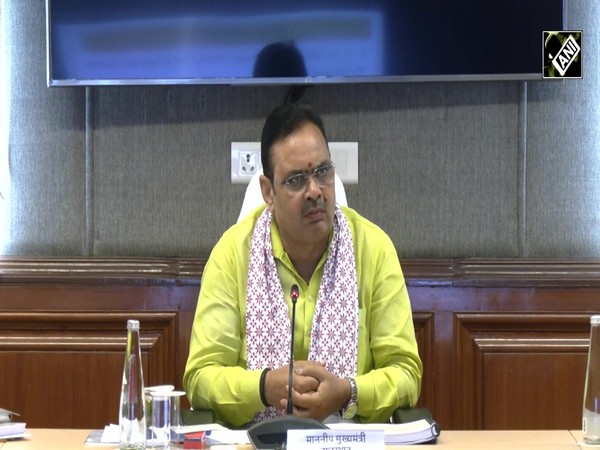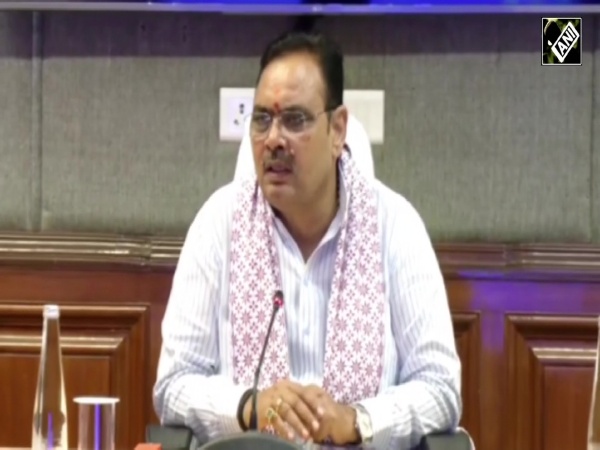Raising awareness, financial education essential to warn about consequences of derivatives trading: Economic Survey
Jul 22, 2024

New Delhi [India], July 22 : Touching on one of the most debated topics in the Indian financial market - derivatives trading, the Economic Survey tabled in the Parliament on Monday showed a sense of concern and called for increased financial awareness.
According to the Survey document, raising investor awareness and continuous financial education are essential to warn investors of the low or negative expected returns from derivatives trading.
Derivatives trading holds the potential for outsized gains. Thus, it caters to "humans' gambling instincts" and can augment income if profitable. These considerations are likely driving active retail participation in derivatives trading.
However, globally, derivatives trading loses money for the investors, for the most part, the Survey said.
In India, the value traded increased across all derivative segments in the exchanges, except currency derivatives during 2023-24, with increased investors' participation and positive market trends. The number of unique tax IDs registered on the NSE rose from 2.7 crore in 2018-19 to 9.2 crore in 2023-24.
The Economic Survey noted that the enhanced participation of retail investors in the Indian capital market is hugely welcome and lends stability to the capital market.
"It has also enabled retail investors to earn higher returns on their savings."
But, it was concerned that that most of the new retail investors are likely young and may have a higher risk appetite.
"It is also reflected in the interest that retail investors have shown in derivatives trading, especially expiration-day trading."
While derivatives are hedging instruments, they are mostly used as speculative instruments by investors worldwide and India is likely no exception.
"A significant stock correction could see losses that are more considerable for retail investors participating in capital markets through derivatives."
"Investors' behavioural response would be to feel 'cheated' by unseen more considerable forces. They may not return to capital markets for a long time. That is a loss to them and the economy."
All stakeholders - market participants, market infrastructure institutions, regulators, and the Government must ensure that capital markets play their theoretically assigned role of directing savings to their most productive investments, said the survey, adding it is not just in the national interest but an act of self-interest, too.
Chairperson of the capital markets regulator SEBI Madhabi Puri Buch recently noted that trading in futures and options (F&O) segment, a popular derivate asset, has now become a macro-level concern.
As per reports, she said that the worry for the regulator is now not just from a "micro-level", of the nature of F&O trading putting investors at risk, but also from a "macro-level", of it disrupting the economic growth.
She had said that, at a macro level, the regulator is worried that household savings is not going into capital formation but into speculative activity.
A SEBI study had suggested that about 9 out of 10 retail traders lose money on derivatives trading.
As per definition, derivative trading is a complex financial practice that involves buying and selling contracts, called derivatives, that derive their value from an underlying asset. The underlying asset can be anything from stocks, bonds, commodities, currencies, indices, exchange rates, or even interest rates.
